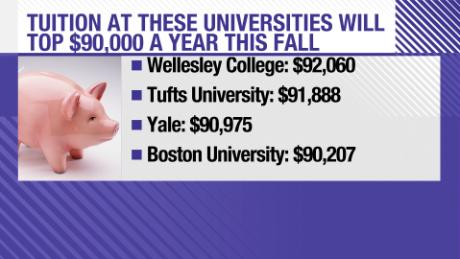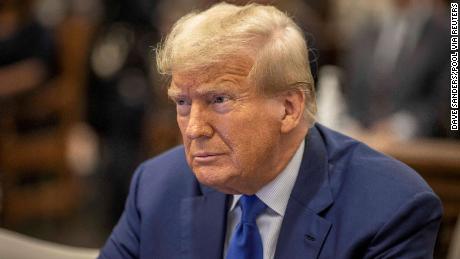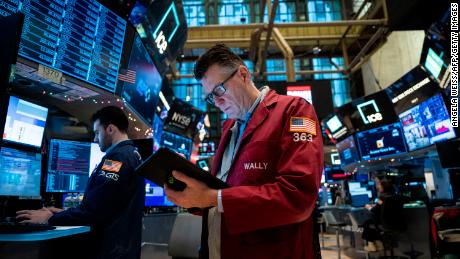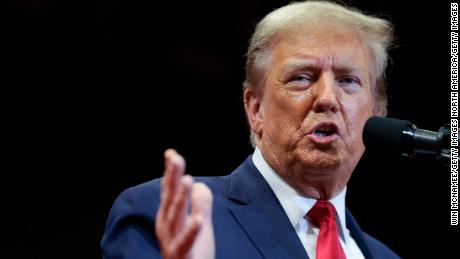New York (CNN Business)Amid signs that the global economy is slowing, America's labor market nonetheless remains strong.
In September, the unemployment rate fell to 3.5%, the lowest rate since December 1969, as employers added 136,000 jobs to the US economy. There were many signs of strength, including robust hiring in health care, transportation, professional services and state and local government.
But overall, the pace of hiring has slowed considerably since 2018, when the economy added an average of 223,000 jobs per month. The September jobs report comes in the same week as several other reports that showed the US economy is slowing.
Activity in American's factories has declined for two straight months, and the biggest piece of the economy, the services sector, is growing at its weakest pace in three years. Businesses expressed concern about tariffs, a shortage of workers and the direction of the economy.
Against that backdrop, economists and investors took the jobs report as a neutral sign. It was neither strong enough to disprove fears of a weakening economy, nor weak enough to confirm with certainty the Federal Reserve may have to cut interest rates at its October meeting, in a measure to boost growth, said Thomas Simons, an economist and senior vice president at Jefferies. Stocks nevertheless posted strong gains following the report, but overall, are still down for the week.
President Donald Trump noted the drop in the unemployment rate in a tweet shortly after the release, adding "wow America, lets impeach your President (even though he did nothing wrong!)"
This is not the first time Trump has violated the one-hour rule that says federal employees outside the Labor Department staff that issue the report cannot publicly comment on it in the first hour after the release.
Signs of strength
Despite cracks showing in the economy, hiring has long been a bright spot. As companies fight for talent, paychecks have grown, giving more spending power to consumers. Consumer spending has kept the economy growing even as the trade war hurts US manufacturing and farming.
This most recent report from the Labor Department showed some encouraging signs: July and August's jobs reports were revised higher by a combined 45,000 jobs. Hispanic unemployment fell to 3.9%, setting a record low, while black unemployment remained at a record low of 5.5%. Minority unemployment has been tracked by the Labor Department since the early 1970s.
The nation's underemployment rate, which looks at people who are unemployed as well as those who are working part time but would prefer full-time work, fell to 6.9%. That's the lowest reading for that measure since December 2000.
The unemployment rate for adults with less than a high school education fell to 4.8%, the first time that measure has ever been below 5% on data going back to 1992.
The economy also benefited from 1,000 new positions from the US Census. However, the massive GM strike, in which about 50,000 people joined picket lines, was not counted in this month's report.
Worries about wages
A bleaker point in the report came from wages.
Average hourly wages didn't grow between August and September. Over the past year, wage growth ticked up just 2.9%, which was lower than expected and the weakest annual growth since July 2018.
Still, on the whole, "this is not that weak of a report, despite the ebbing in job growth," Sal Guatieri, senior economist at BMO, wrote in a note to clients.
That said, weakening domestic and foreign demand in light of the trade war will add uncertainty for companies and increasingly weigh on job growth, Guatieri added.
The Federal Reserve's next meeting on interest rates is scheduled to conclude on October 30. In the meantime, investors are closely watching other economic indicators for clues as to whether the central bank will cut rates again.
Following the jobs report on Friday, Fed Chairman Jerome Powell said the economy is in "a good place."
"Our job is to keep it there," he added.



















